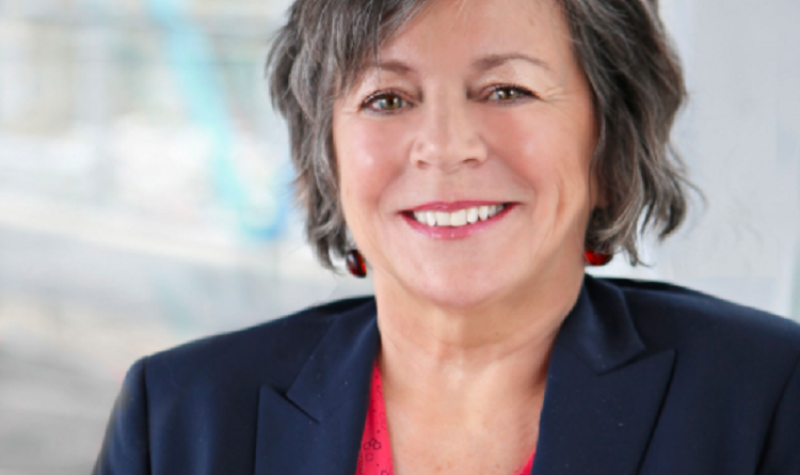Claire Roussel-Sullivan, chairperson of the New Brunswick Human Rights Commission, released a statement on February 1st to acknowledge Black History Month.
Roussel-Sullivan says that while New Brunswick has the second highest population of Black people in the Atlantic provinces, there is a significant and growing gap between Black adults and non-Black adults when it comes to employment and pay.
In other words, while the rate of education in Black New Brunswickers has increased, they still are not as employed or paid as highly as non-Black New Brunswickers.
The statement goes on to highlight that during times of economic hardship, such as the COVID-19 pandemic for example, Black New Brunswickers face the majority of that hardship and to a much more severe degree.
Roussel-Sullivan says Black History Month should be used to address these disparities, and lists a number of actions she would like to see taken in New Brunswick.
She encourages New Brunswickers to “develop a spirit of recognition, justice and development by consulting the many resources made available to us by various organizations and to participate in the activities organized in the province while following Public Health guidelines.”
Many New Brunswick-specific resources can be found at blmfnbed.org for Black history, and blmfredericton.ca for Black Lives Matter efforts in the province.


